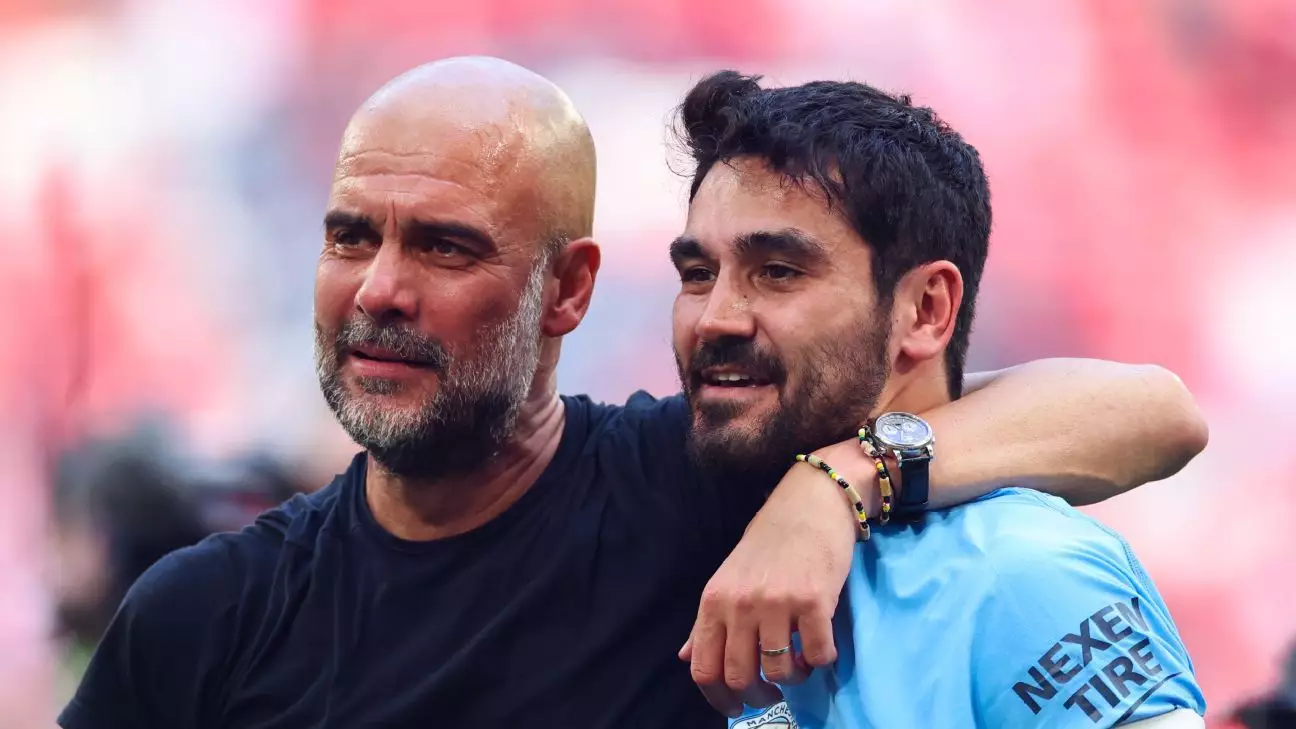The clash between Germany and Spain in the Euro 2024 quarterfinals promises to be a showdown of possession-based football titans. The evolution of both national teams’ playing styles over the years has brought them closer together, with Spain’s influence on German football becoming increasingly evident. From the World Cup encounters to club level success, the two nations have transformed into philosophical siblings on the football pitch.
The tactical shifts in German football can be traced back to Pep Guardiola’s impact, both at Bayern Munich and through his overall influence on the game. Guardiola’s arrival at Bayern marked a turning point, as he brought in players like Thiago Alcantara to elevate the team’s possession-based play. His emphasis on fluid positional play and defensive organization left a lasting imprint on German football, pushing them towards a more sophisticated style.
The introduction of Javi Martinez at Bayern Munich provided the defensive stability that Bayern had been lacking, while Thiago Alcantara’s creative flair elevated Bayern’s attacking play. Despite injury setbacks, Thiago’s influence on the pitch was undeniable, culminating in Bayern’s Champions League success in 2020. These players exemplified the balance between defensive solidity and attacking creativity that became a hallmark of the German game.
Under the guidance of Julian Nagelsmann, Germany has continued to evolve tactically, aiming for a balance between defensive resilience and attacking prowess. Despite initial challenges in finding the right equilibrium, Nagelsmann’s approach has shown promise in adapting to the modern game. His ability to blend defensive solidity with attacking flair reflects a new era in German football philosophy.
The Bundesliga has seen a resurgence of Spanish influence, with Xabi Alonso redefining Bayer Leverkusen’s playing style with patient passing and innovative positional play. Drawing from his experience under Guardiola at Bayern, Alonso has instilled a new approach that emphasizes control and dominance on the pitch. His unique concepts and style offer a fresh perspective on possession-based football, shaping the Bundesliga landscape.
While Spain continues to assert their dominance at Euro 2024 with a strong midfield core and relentless pressing, Germany showcases their technical prowess through attacking midfielders like Jamal Musiala. The contrasting styles of the two nations highlight their shared commitment to winning games, albeit through different means. As Spain and Germany navigate the evolving football landscape, their approaches reflect the changing identities of European football.
The clash between Germany and Spain in Euro 2024 signifies a meeting of two footballing philosophies shaped by a shared history of evolution. The influence of key figures like Guardiola and Alonso has reshaped the playing styles of both nations, leading to a convergence of tactics and strategies on the international stage. As Germany and Spain continue to redefine their identities in the modern game, the quarterfinal match serves as a testament to their footballing journey towards innovation and excellence.
